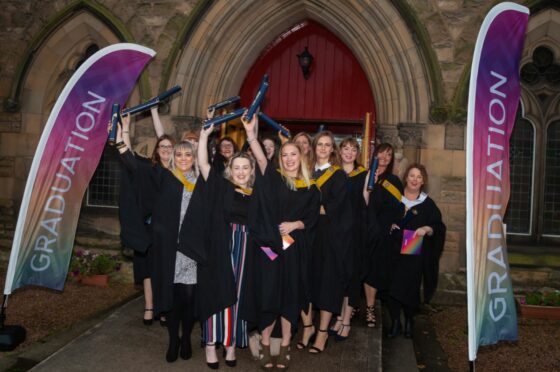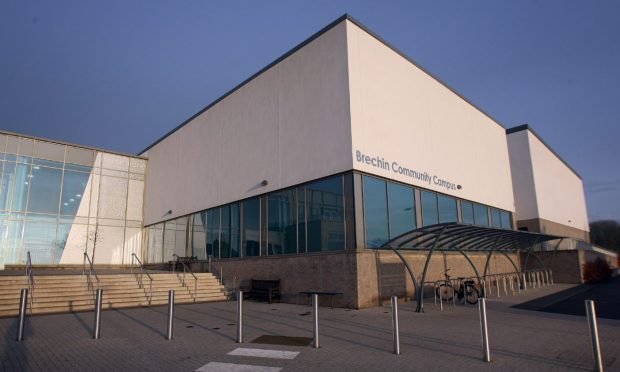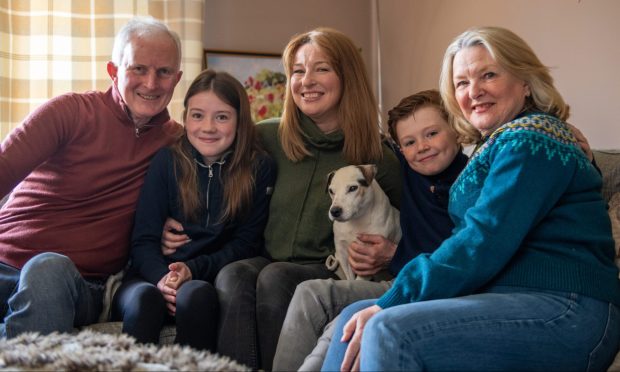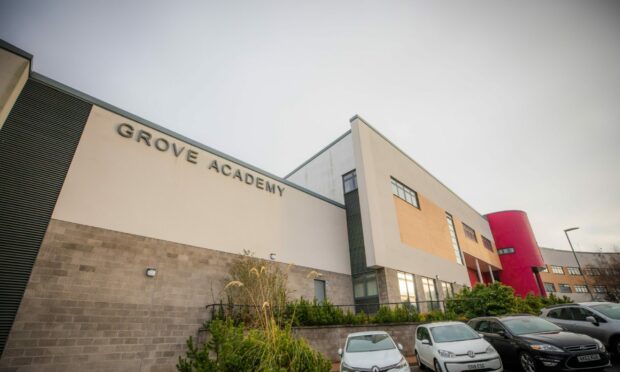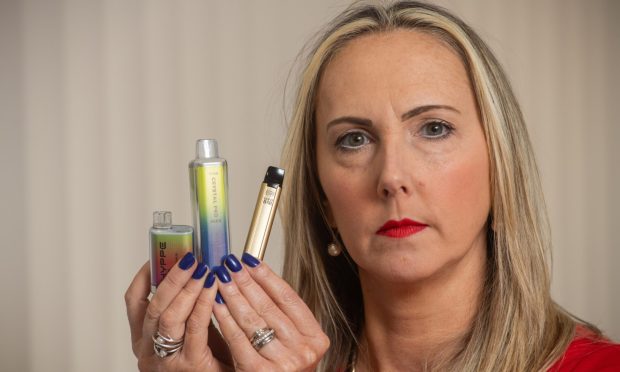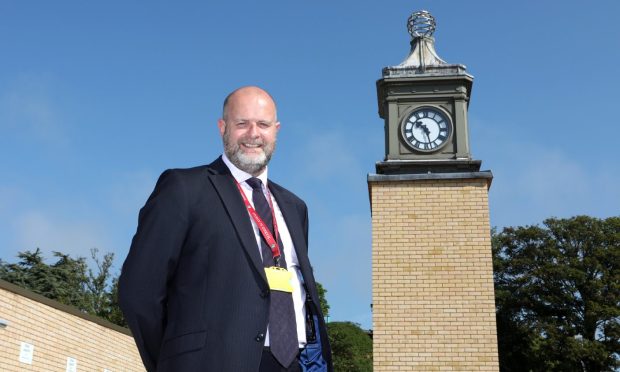Over the last 18 months, the coronavirus pandemic has led to an unprecedented period of uncertainty, particularly for young people.
Iain Hawker, Assistant Principal at Fife College, explains why a college course could be the ideal way to get back into the swing of things.
As we continue a cautious route back to life as we knew it before Covid, many people will be reassessing their education plans, and considering what next steps are right for them.
This is particularly true for those considering university. The prospect of committing the next three or four years to a course which will often be in a different city, with potentially high accommodation costs, may now seem even more daunting than before.
That is why at Fife College we’re seeing more and more students starting their degree with us rather than committing to a university course at the outset.
Like many colleges we offer the opportunity to study for a degree, but without some of the pressures students might expect elsewhere.
We allow those studying with us the chance to take their studies one year at a time. This means students can assess whether they want to continue their course, exit with a nationally recognised qualification for the studies they have completed, or to pause their studies and return to studying later.
For some subjects we even offer the opportunity to study the entire university awarded degree without leaving the college campus.
This can be crucial for those with personal or family commitments who would be unable to relocate, giving them the opportunity to gain a higher education qualification without having to leave home or incur the costs of traveling to and from an institution which is further away.
Studying at college also gives a variety of flexible learning options, including part-time, online, in the evenings or at weekends, and often in class sizes that are smaller than you would find at university.
We work in partnership with fifteen universities in Scotland and elsewhere in the UK so that students who study Higher National courses with us for one or two years can then get full credit for these studies when they do progress on to a degree course.
This means that those studying towards a Higher National Certificate (HNC) with us, can gain entry to year two of a degree course at one of our partner universities, while a Higher National Diploma (HND) offers direct entry to year three of a degree course.
With over one in four of first degree entrants going to university through the college route, we appreciate that this is becoming a favoured option for many, and we have been working hard to expand the number of courses we offer supporting this route.
We now offer over 300 articulation routes that map HNC/D qualifications into degree courses, meaning that every one of our curriculum areas offers at least one articulation route for an HND course to the third year of a degree course.
We are introducing more degree programmes and working with Queen Margaret University (QMU) we have launched two new degrees this year.
One in Childhood Practice that allows those already working in the sector to gain a formal qualification through part-time study, and another in Childhood Studies for those who aspire to work in this area.
This is in addition to the Creative Enterprise degree we launched last year with QMU, which equips students with the practical skills and expertise they need to transform their creative passion and talent into a sustainable freelance career.
Whatever subject you are looking to get a degree in, it’s worth checking out what Fife College {insert link to campaign url} offers before making the long-term commitment to a university course.
With greater flexibility and affordability, many people are now discovering that College might well be the perfect place to start their journey towards a degree.

